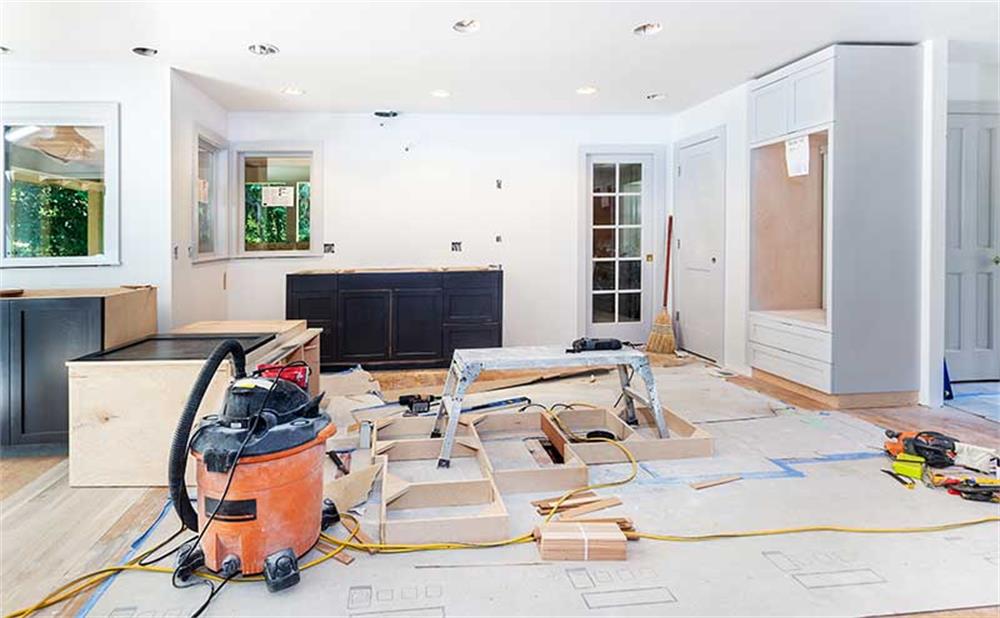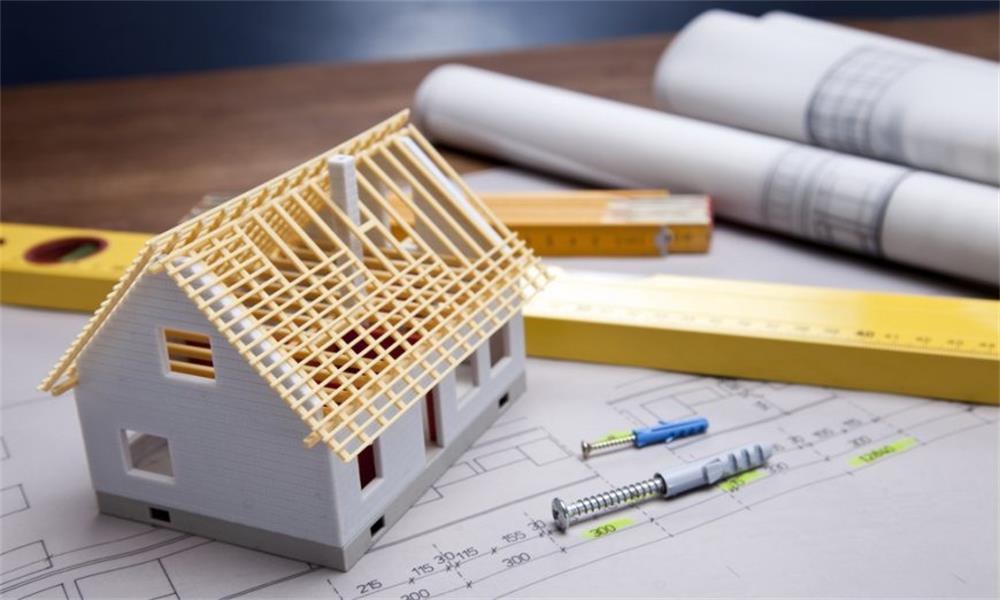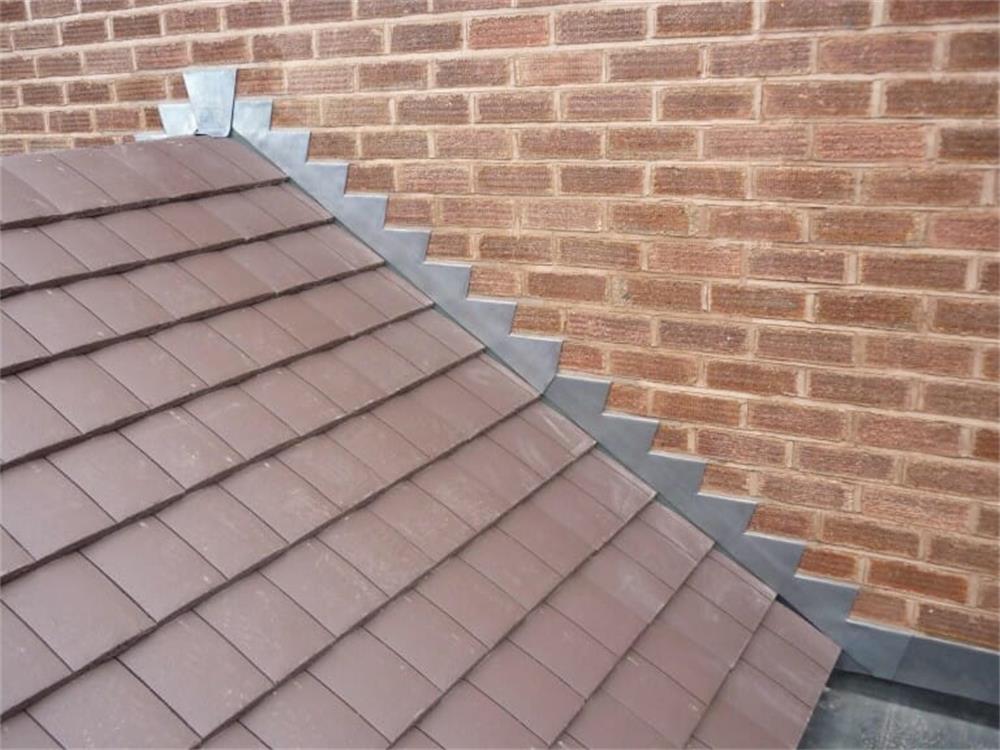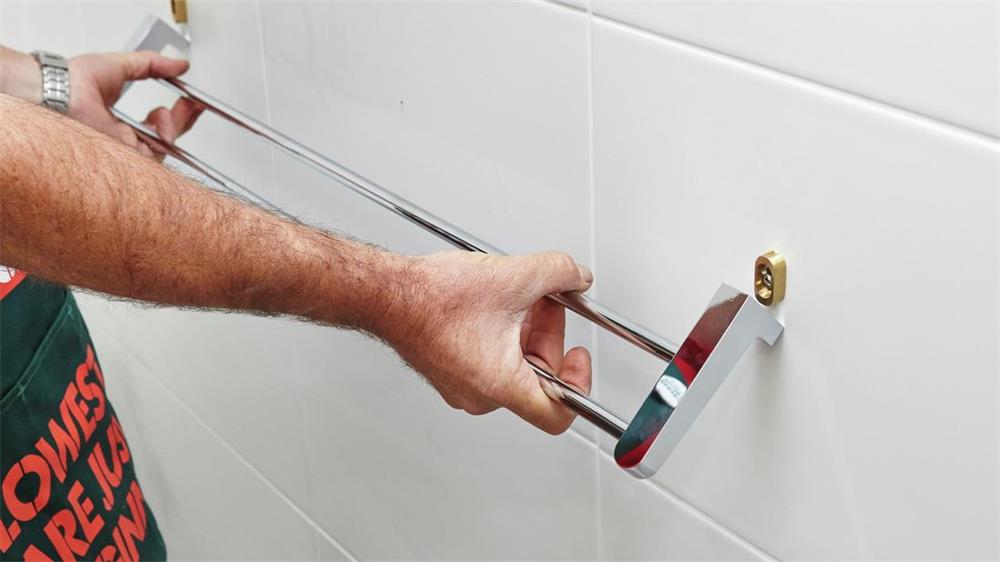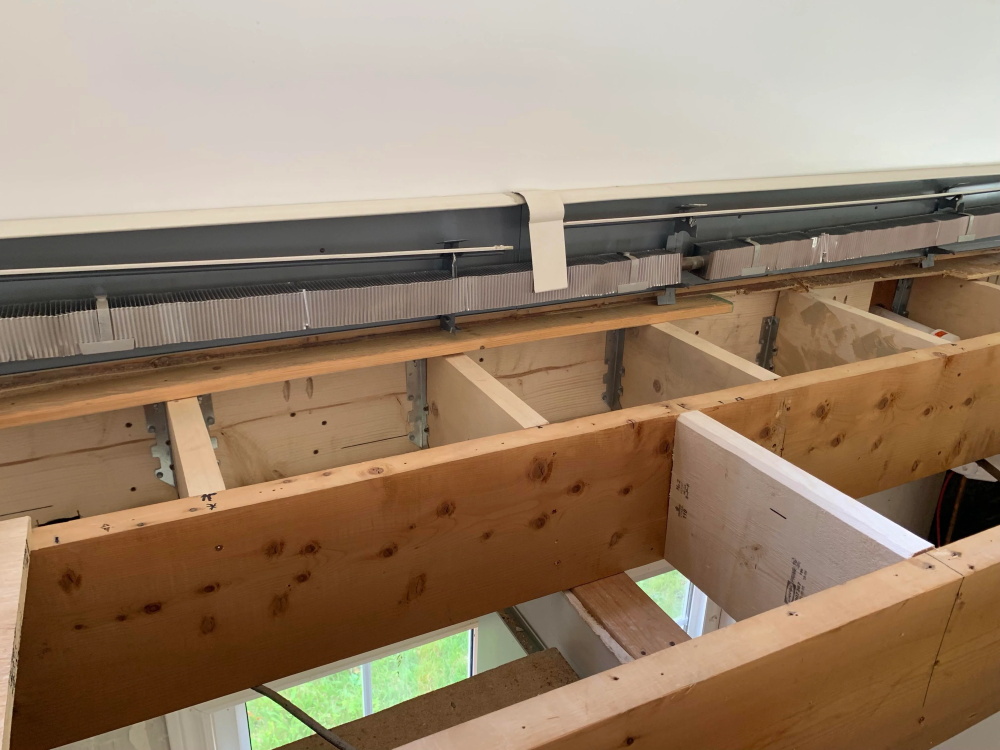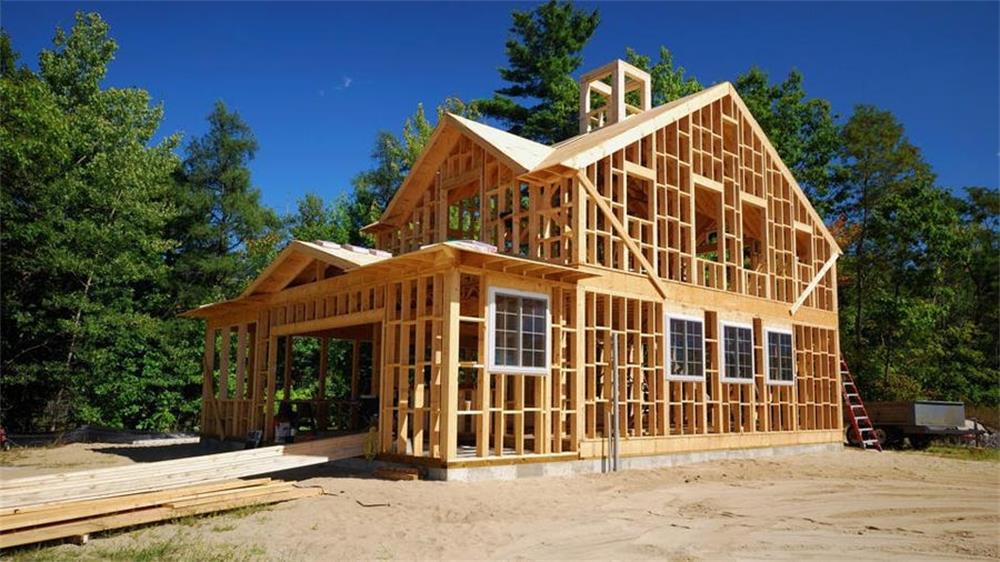Contents
If your house is looking old and worn out, you might be wondering whether you should renovate it or tear it down and build a new one. This is a big decision that involves many factors, such as your budget, your needs, the condition of your house, and the local regulations. Here are some questions to ask yourself before you choose between rebuilding or remodeling your house.
How Long Do You Plan to Live in Your House?
If you intend to stay in your house for a long time and then sell it, it might make more sense to rebuild it rather than remodel it. This is because rebuilding your house will give you a new and updated house that will last longer and have more value. Everything from the appliances to the roof will be new and have a longer lifespan. When you sell your house after 15 years, you will be selling a 15-year-old house instead of a 40-year-old house. Buyers will notice the difference and be willing to pay more for a newer house. Plus, you will enjoy living in a new house for those 15 years.
How Much Can You Afford to Spend?
If you are on a tight budget, remodeling your house might be cheaper than rebuilding it. Rebuilding your house requires more money upfront and in a shorter period of time. You have to pay for the demolition, the vacant lot, and the construction of the new house. Once you start, you have to finish the project or you will be left with nothing.
Remodeling your house, on the other hand, can be done gradually and in stages. You don’t have to do everything at once. You can prioritize the most important or urgent projects and do them first. You can also spread out the costs over time and save money by doing some of the work yourself.
Where Will You Live During the Project?
If you rebuild your house, you will not be able to live in it during the process. You will have to find another place to stay, which can be costly and inconvenient. You will also have to move all your belongings out of your house and store them somewhere else.
If you remodel your house, you might be able to stay in it while the work is being done. This depends on the extent and nature of the remodeling project. Some projects might require you to vacate certain rooms or areas of your house temporarily, but others might not affect your living space at all. While living in a construction zone can be uncomfortable and messy, it might be preferable to moving out completely.
What Is the Current Condition of Your House?
If your house has serious structural or foundational problems that are beyond repair, then rebuilding it might be the only option. It might not be worth investing money and time into remodeling a house that is falling apart or unsafe.
If your house is still sound and stable, then remodeling it might be enough to improve its appearance and functionality. You can keep the parts of your house that are still good and change the parts that need updating or fixing.
What Are the Zoning and Permit Requirements?
If you rebuild your house, you might face more zoning restrictions and permit requirements than if you remodel it. Depending on where you live, there might be limits on how big or tall you can build your new house, how close it can be to the property lines or other structures, what style or design it can have, etc. You might also need to get approval from your neighbors or a homeowners association before you start building.
If you remodel your house, you might have more flexibility and fewer regulations to deal with. As long as you don’t change the footprint or height of your house significantly, you might not need to worry about zoning issues or neighbor complaints. You will still need to get permits for certain types of remodeling projects, such as electrical or plumbing work, but they might be easier and cheaper to obtain than building permits.
How to Choose a Contractor for Your Project?
Whether you decide to rebuild or remodel your house, you will need to hire a contractor to do the work. Choosing a contractor is an important step that can affect the quality, cost, and timeline of your project. Here are some tips to help you find a reliable and reputable contractor for your project.
- Ask for recommendations from friends, family, neighbors, or online reviews. You can also check with your local Better Business Bureau or home improvement association for any complaints or ratings.
- Get at least three estimates from different contractors. Compare their prices, materials, warranties, and timelines. Make sure the estimates are detailed and written.
- Check the contractor’s credentials and references. Make sure they have the proper licenses, insurance, and bonding. Ask for references from previous clients and contact them to see if they were satisfied with the work.
- Review the contract carefully before signing it. Make sure it includes everything you agreed on, such as the scope of work, the payment schedule, the start and end dates, the change order policy, the dispute resolution process, etc. Don’t pay in full or in cash until the work is completed and inspected.
- Communicate with your contractor regularly and monitor the progress of your project. If you have any questions or concerns, address them as soon as possible. Keep a record of all your communications and documents related to your project.
Rebuilding or remodeling your house can be a rewarding and worthwhile project that can improve your living space and increase your home value. By considering the factors above and choosing a good contractor, you can make your project a success.

